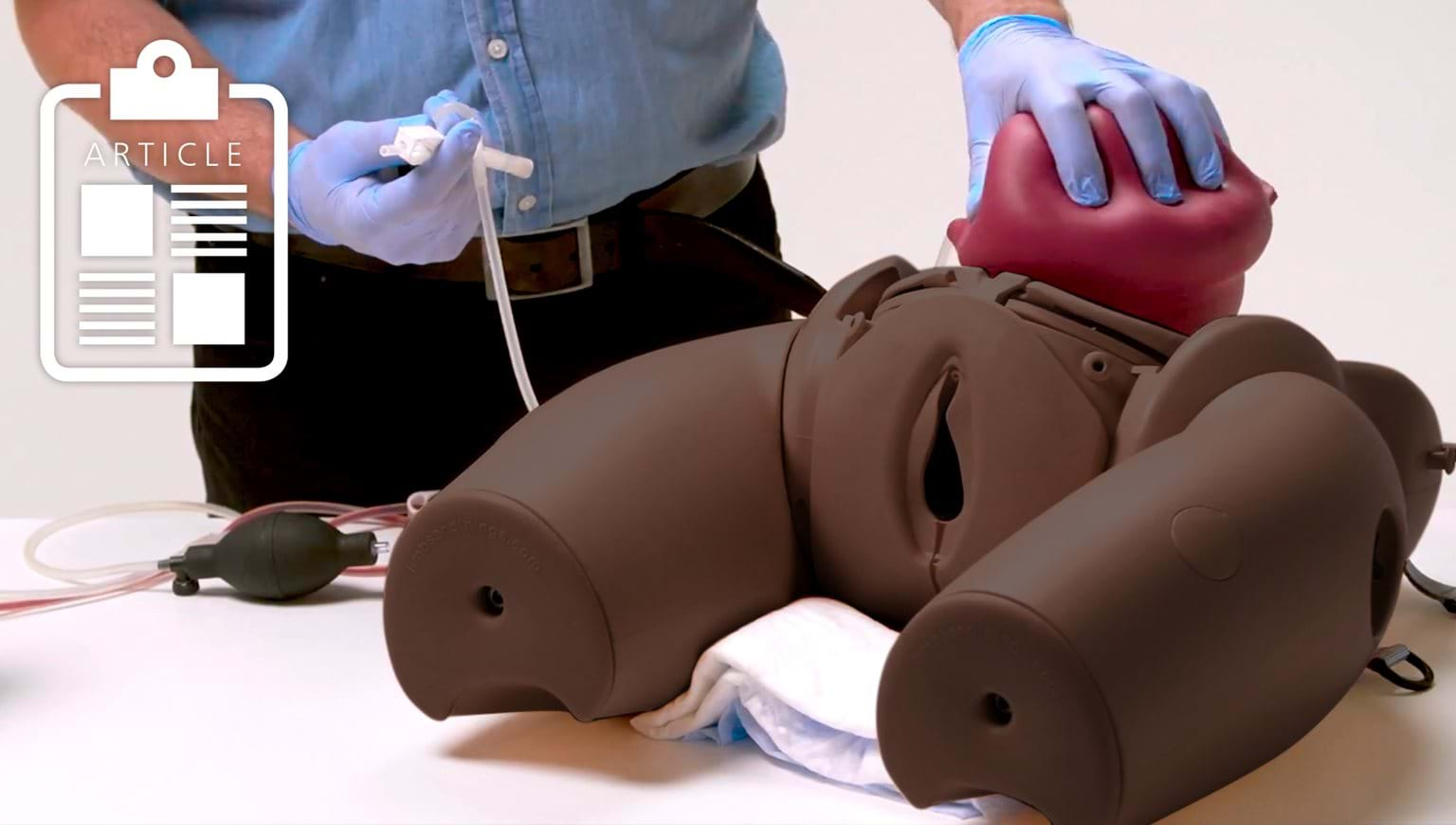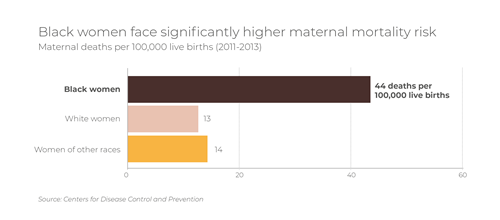News
Proactive approach to prevent maternal deaths from PPH
12 June 2020
Each year, more than 700 women die in the United States from pregnancy related complications; the highest number compared with other high-income countries. Over 77% of these cases are related to postpartum hemorrhage (PPH).

The American College of Obstetricians and Gynaecologist (ACOG) defines postpartum hemorrhage an excessive bleeding (1,000 mL or greater), most commonly seen within the first 24 hours after birth but can occur up to 12 weeks postpartum.1
Additionally, the substantial and persistent disparity in maternal mortality across race/ethnicity is alarming. According to the Centers for Disease Control and Prevention (CDC)2, African American women are three to four times more likely to die in childbirth than white women – one of the widest of all racial disparities in women's health. Put another way, an African American woman is 243% more likely to die from pregnancy or childbirth-related causes.

The statistics are concerning considering that 60% of pregnancy related deaths are preventable.
Postpartum hemorrhage is difficult to predict and has no identifiable risk factors. However, the most common factors identified as contributing to mortality from PPH are related to several factors:
- Patient’s lack of knowledge of warning signs
- Provider’s misdiagnosis and ineffective treatments
- Systems of care failures such as lack of coordination and communication between team members, or lack of a massive transfusion protocol for PPH
The World Health Organization (WHO) has conducted numerous studies that evaluate the effectiveness of simulation training when responding to obstetric emergencies. The consensus from these studies is that there is significant evidence that repeated and sophisticated simulation training is associated with improved clinical outcomes. The evidence reported that through simulation training for PPH, healthcare professionals were able to teach and learn in key areas that help prevent, respond and treat PPH, through early identification of errors and improvements in management of the emergency.
Training of multi-professional teams is also enhanced by the use of standardized patients in hybrid scenarios.

The PROMPT Flex Birthing Trainer was used by AOGS (Acta Obstetricia et Gynecologica Scandinavica) in the validation and development of a PPH management tool known as TeamOBS-PPH3. This tool aids in the simulation training of various obstetric emergencies. It also encourages the use of a maternal hemorrhage kit so that all involved have the supplies needed to manage PPH, both in simulation and real life.
The PROMPT Flex Birthing Trainer’s easy to use design offers repeatable training for effective identification and management of PPH.
“A good tool improves the way you work, a great tool improves the way you think” Plato
References:
1: Pregnancy Mortality Surveillance System - CDC
2: Report from nine maternal mortality review committees 2018
3: AOGS - TeamOBS-PPH


